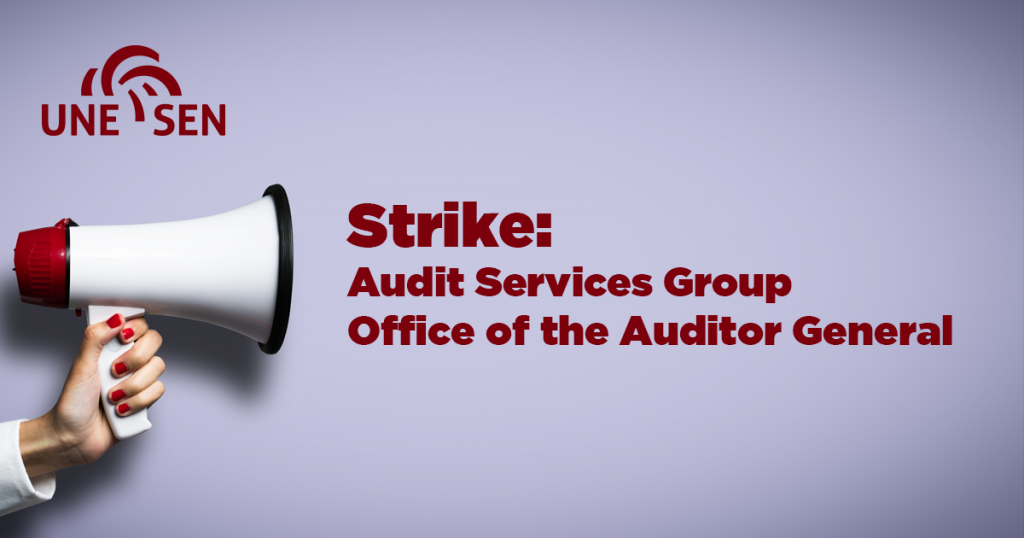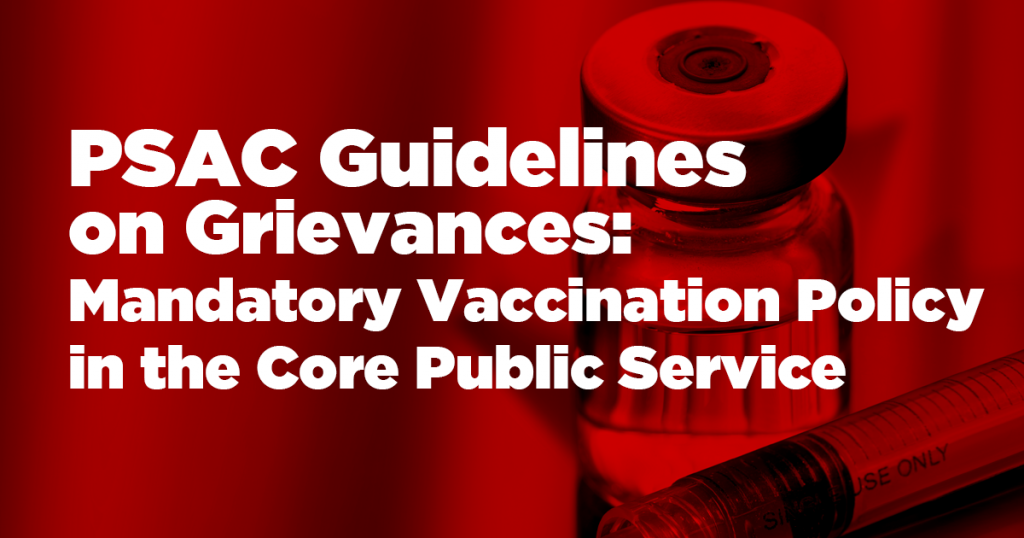
January 25, 2022
The Operational Services (SV) bargaining team put forward fair and reasonable wage proposals in talks with the employer January 18-20, and PSAC expects Treasury Board to provide their response to our wage package in March.
Many SV members are experiencing a widening wage gap compared to their private-sector counterparts that is affecting the morale of members and risks impacting the services they deliver to Canadians. And with the cost of living and inflation increasing, it is critical that wages are addressed this round of bargaining.
Proud tradesworkers and public safety workers, SV members are the backbone of our public service, and they are proud to serve Canadians. Throughout the pandemic, SV members didn’t have the option of working from home. They showed up every day to work, and without them, core services we rely on would have been impacted.
Fair wages are crucial to hire and keep highly trained public service workers. Otherwise, we risk losing the talent Canada needs to deliver the programs and services Canadians depend on.
The SV group presented key improvements, including:
- Close wage gaps: More than ever, SV members need fair wages. To eliminate persisting wage gaps, PSAC has proposed a range of reasonable market adjustments based on a new labour market compensation comparability survey commissioned by PSAC in 2021. The survey’s results confirm a significant gap between compensation for SV positions and comparable jobs outside the federal public service.
- Existing allowances: Some allowances are currently not available to all members who should be receiving it. PSAC proposes to expand the eligibility of allowances such as the dirty work and HVAC technician allowances to make them available to all members who perform these duties.
- New allowances:PSAC proposes new allowances to help address the difficult working conditions in which SV members work, including extensive periods spent at sea, as well as during helicopter operations.
Read the full SV group pay proposal
The SV bargaining team returns to the table March 1-3, 2022.
Show your support
Meet your SV bargaining team and learn why they got involved in this round of negotiations. Show support by downloading and using the virtual background for all your work meetings and swap out your social media profile picture:
Get involved
As a part of our month of action on equity in the workplace, we will be holding a national panel on equity in the workplace January 25, 2022.
Panelists will be discussing PSAC’s fight for equity in the workplace during this round of bargaining with Treasury Board, the impacts winning these demands would have, and why it is important that we all mobilize to support our bargaining teams to win big.
Stay tuned for updates
To ensure that you receive all the latest updates as we negotiate your next contract, verify that your contact information is up to date via the member portal.








